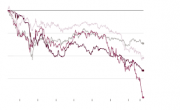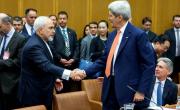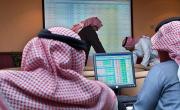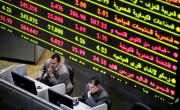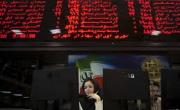Emerging Markets Haven't Hit Bottom Yet
September 26, 2015
When Mark Mobius urges caution on emerging markets, you know they’re in trouble. The septuagenarian executive chairman of Franklin Templeton’s emerging-markets group has been boosting the asset class for decades, exhorting investors to pile back in after crises and meltdowns. Now, not so much. “Things have changed since the 1998, 2008, and 2011 downturns,” he says. “It would be dangerous to make an overall or categorywide judgment.”


